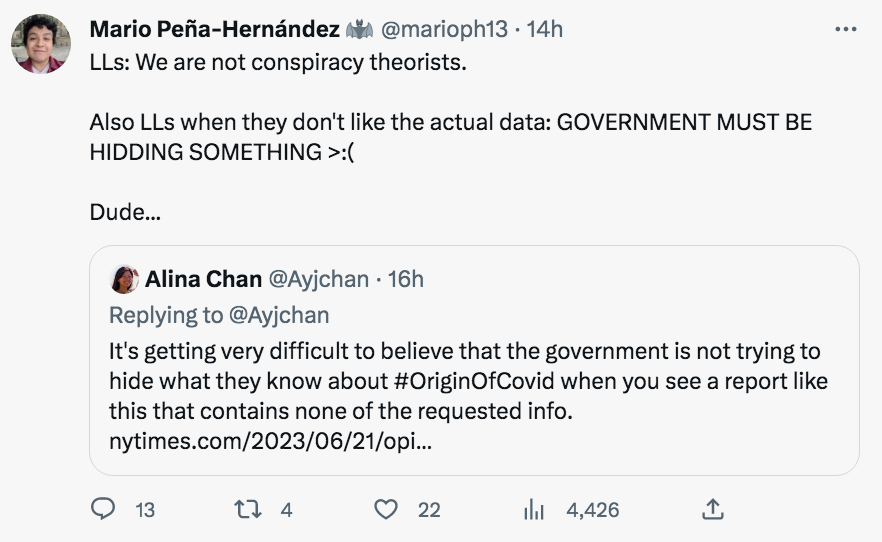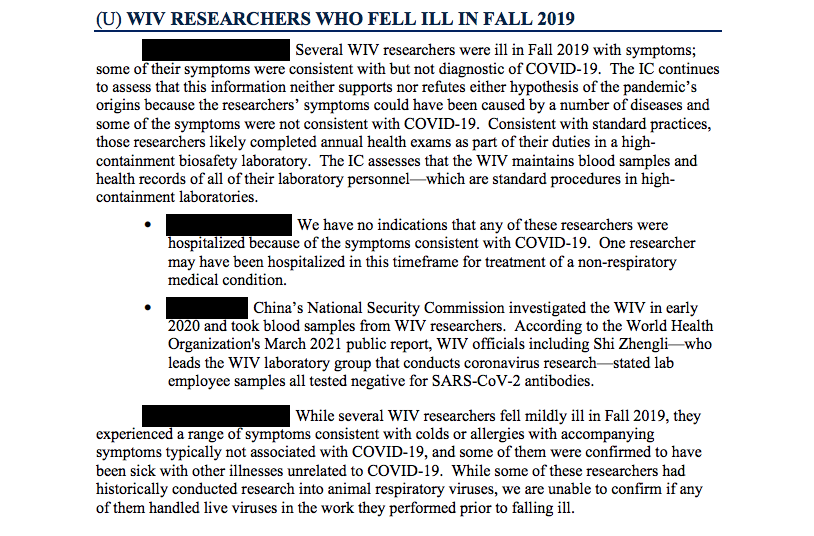“But the lags”
Here we go again. Today produced another slew of reports that the economy is re-accelerating. Here’s Yahoo:
“Wall Street has had recession on the brain since at least mid-2022,” Dutta wrote. “Analysts have a tendency of falling in love with their forecast, and it is clear some are having trouble letting go even as evidence piles up to the contrary. Strong jobs growth? Late cycle! Rally in US equity markets? We had a big rally in mid-2008 too! None of these arguments stand up to scrutiny.” . . .
Dutta added: “There is only so long one can keep claiming that the recession is just six months away. The statute of limitations has now kicked in. There are several reasons to be upbeat on the US economy. The recession clock has been reset.” . . .
And in looking at the housing and auto markets specifically, we see the crux of the argument, with Dutta writing, “the Fed has been tightening for 18 months already, and it is the cyclical-credit sensitive areas of the economy that have shown improvement of late — housing and autos!”
And the Financial Times:
US consumer confidence rose in June to its highest level since January 2022, as people’s assessments of current and future labour market and business conditions improved.
The consumer confidence index increased to 109.7 in June from 102.5 in May, the Conference Board said on Tuesday. Economists had been expecting a level of 104. A reading of 100 refers to 1985 levels.
And this:
[House] prices in 20 major cities increased 0.9 per cent on a seasonally adjusted basis from March to April, according to the S&P Corelogic Case-Shiller index, surpassing analysts’ expectations for a 0.4 per cent rise. Prices over the preceding 12 months were down 1.7 per cent.
The figures represented further evidence the price decline that started a year ago ended in January . . .
Separately, new home sales rose more than forecast to a 14-month high of 763,000 units. In recent weeks, several homebuilding companies have noted demand for new residences as buyers adjust to higher interest rates.
And this:
New orders for non-defence capital goods excluding aircraft, considered a proxy for business investment, rose by 0.7 per cent in May to $73.9bn in the census bureau’s report on durable goods. That outstripped economists’ expectations of a flat reading.
Job growth has exceeded economists expectation almost every single month since early 2022.
One possibility is that those “long and variable lags” have yet to kick in. Another possibility is that interest rates don’t reflect the stance of monetary policy.
I just wrote a whole book on the topic.



